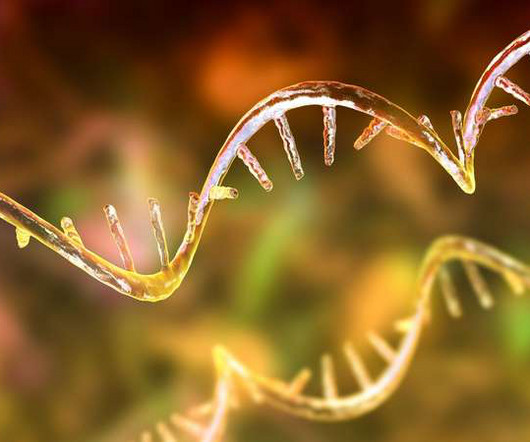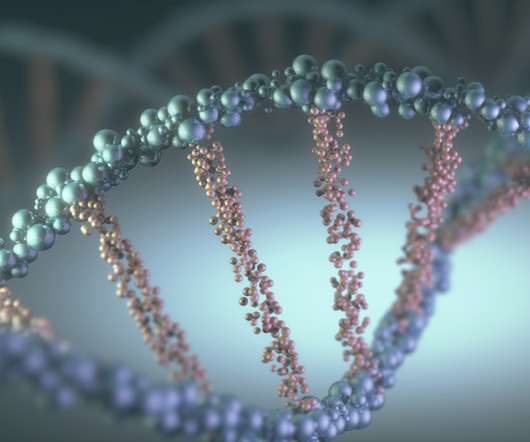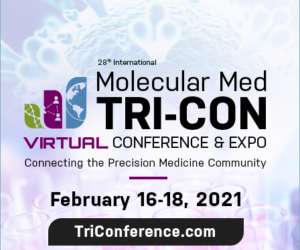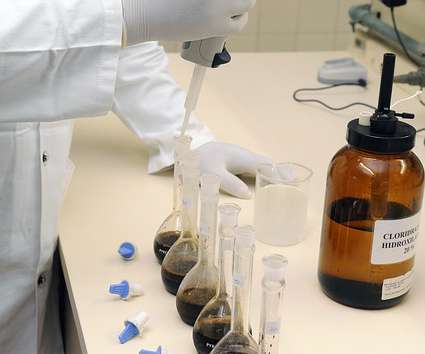Turning science into business: Amplifying mRNA by targeting regRNAs
Drug Discovery World
APRIL 17, 2024
JMB: Regulatory RNAs (or regRNAS) are molecules that directly control the expression of nearby protein-coding genes. Recently, research published by Dr Richard (Rick) Young (Whitehead Institute) describes the key mechanism of how these regRNAs regulate gene expression. What diseases are you currently targeting?
















Let's personalize your content